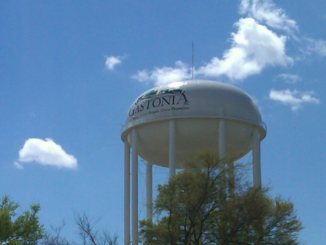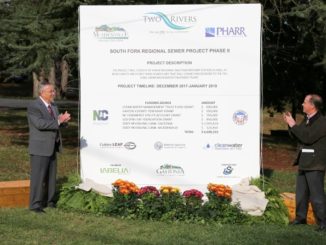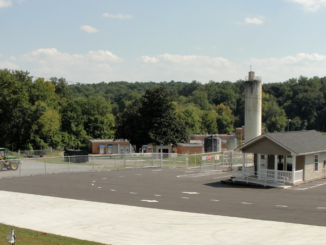
The wastewater treatment plants of Two Rivers Utilities are in full compliance with state environmental regulations. TRU has issued its annual report as required by law. The utility’s three wastewater treatment plants, sometimes called sewage treatment plants, operate under state permits. These permits include standards for wastewater treatment, monitoring and reporting test results, and any problems with the treatment system.
In the past fiscal year, TRU conducted a total of approximately 10,000 required compliance samples at its three wastewater treatment plants. No violations were found. “Two Rivers Utilities takes great pride in our commitment to environmental stewardship and high-quality customer service,” said Joe Albright, public utilities director.
TRU manages and services more than 20,000 sewer connections in Gaston County with more than 485 miles of sewer lines. The service area includes Gastonia, Bessemer City, Cramerton, High Shoals, Ranlo, Stanley and Clover, as well as portions of Belmont, Kings Mountain and Lowell.
Wastewater is treated 24-hours a day, seven days a week at three TRU facilities: Eagle Road Wastewater Treatment Plant in Cramerton, Crowders Creek Wastewater Treatment Plant in Gastonia and Long Creek Wastewater Treatment Plant south of Dallas. During the fiscal year that ended June 30, TRU cleaned 79 miles of sewer mains and videotaped nine miles to help identify problems that might lead to blockages or sewage spills.
TRU reported 15 sanitary sewer overflows in its operating area in the past year, which is below the national average for a utility of this size. Two-thirds of the sewage overflows were caused by pipe blockages traced to cooking grease, roots or debris. All blockages were removed promptly, the lines were cleaned and the soil was disinfected. When appropriate, TRU distributed educational materials to residents about problems associated with putting cooking grease down the drain.
In 2001, Gastonia became one of the first publicly operated wastewater utilities in the U.S. to become ISO 14001-certified, meaning it meets international standards to manage the utility’s immediate and long-term environmental impact.



